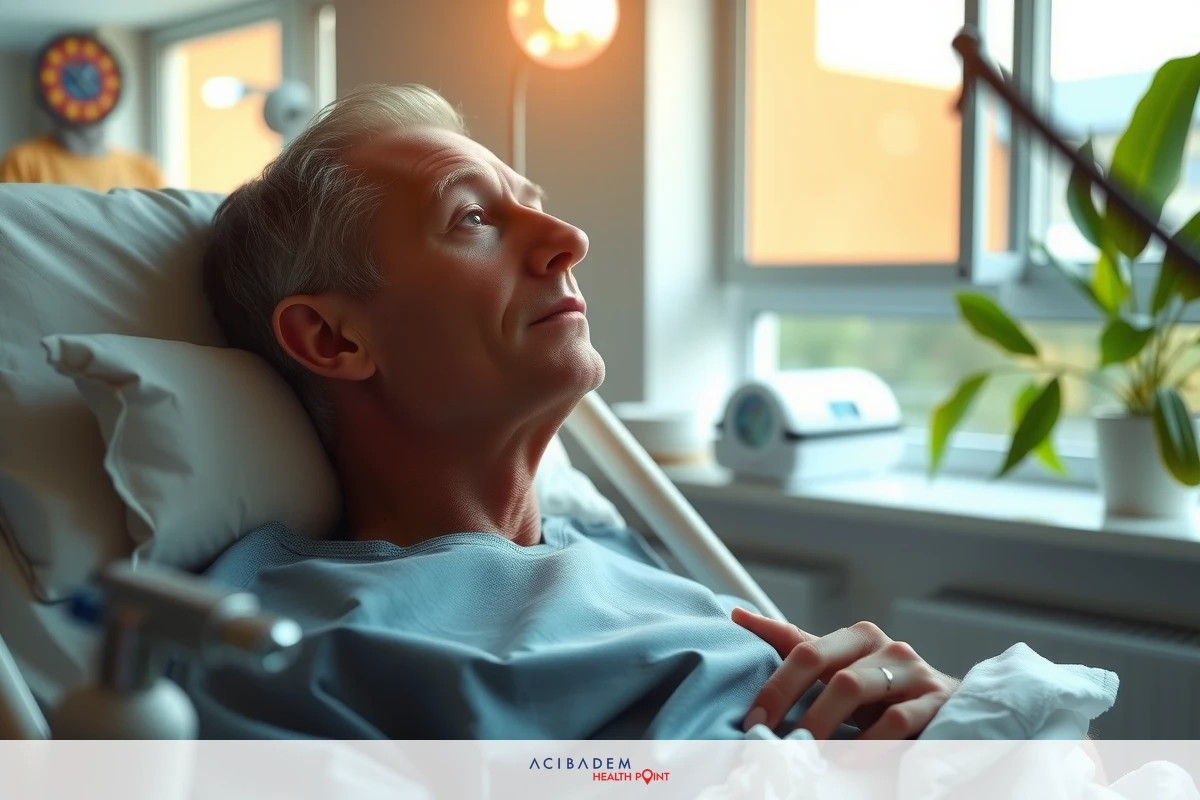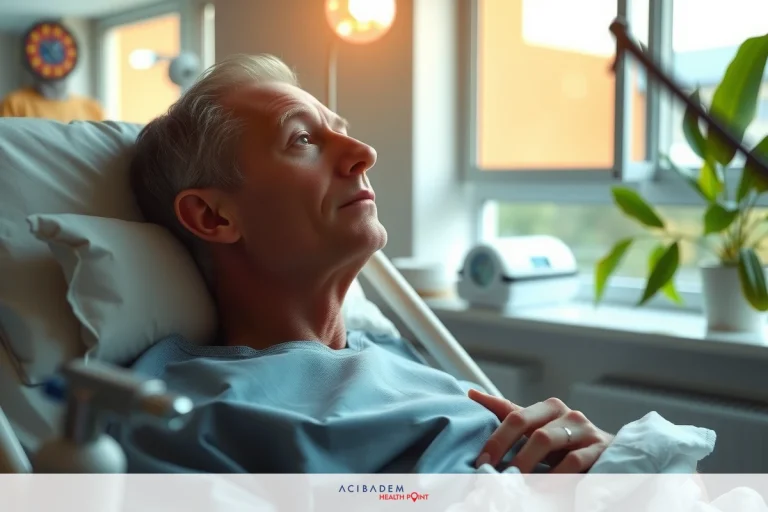Can You Breathe After Rhinoplasty
Can You Breathe After Rhinoplasty Rhinoplasty, or what many people refer to as a nose job, often raises questions about the aftermath of the surgery, particularly concerning breathing. Many patients wonder how their ability to breathe might be affected post-operative. Rest assured, medical professionals take great care to ensure that patients can breathe comfortably after surgery. The precautions taken during surgery and the steps followed in recovery play a crucial role in this process.
The recovery process from rhinoplasty is relatively straightforward with the right guidance and understanding of what to expect. Each patient’s experience may differ slightly based on the specifics of their procedure and individual health factors. This article aims to address common concerns regarding breathing following rhinoplasty, providing tips for promoting healthy breathing and maintaining clear nasal passages during the recovery period.
Breathing Concerns After Rhinoplasty
Rhinoplasty is a nose surgery that can affect your ability to breathe in the immediate aftermath of the procedure. It’s essential to remember that rhinoplasty, like any other surgery, involves a recovery period during which your body heals and adjusts to changes. During this post-operative phase, patients may experience temporary breathing concerns due to swelling and congestion caused by the surgery.
Swelling inside the nose is a normal response to rhinoplasty. It’s the body’s way of protecting itself and initiating the healing process. This swelling can temporarily reduce the size of nasal passages, making it seem more challenging to breathe. However, this is typically a short-term concern and should gradually diminish as the swelling goes down throughout the recovery process. Patients are often advised to keep their heads elevated and use cold compresses to help reduce swelling.
Congestion is another common breathing concern after rhinoplasty. The nose may be congested due to the presence of splints or packing used during surgery. These materials help support the newly shaped nasal structure but can create a feeling of blockage. Additionally, blood and mucus may accumulate in the nasal passages, contributing to congestion. Regular cleaning as advised by your surgeon can help alleviate this issue.
While these breathing concerns may cause some discomfort initially, keep in mind that they are part of the normal recovery process following rhinoplasty. Over time, with the proper care and attention, your nasal passages will clear, and breathing will become easier. It’s always essential to communicate with your healthcare provider about any concerns or issues you encounter during recovery.
Tips for Promoting Healthy Breathing
After rhinoplasty, one of the primary concerns is promoting healthy breathing. As the recovery process unfolds, patients often seek guidance on how to support optimal respiratory function while their nasal structures heal. The following tips and techniques aim to assist in this endeavor, promoting a smoother recovery and more comfortable post-operative experience.
1. Elevate Your Head: Keeping your head elevated, especially while sleeping, can help reduce swelling in the nasal passages. This can improve air flow and make breathing easier.
- Use a Humidifier: Dry air can irritate the nasal passages and exacerbate congestion. Using a humidifier can help moisten your nasal passages and promote better breathing.
- Stay Hydrated: Drinking plenty of fluids can help thin mucus in the nasal passages, making it easier to

The image shows an elderly man lying in a hospital bed. He appears to be resting or possibly experiencing discomfort, given his closed eyes and slight frown. The room has large windows allowing natural light to illuminate the space, suggesting it could be daytime. The color scheme is neutral, with white walls and furnishings that contribute to a clinical setting. breathe.
- Avoid Blowing Your Nose: After rhinoplasty, it’s essential to avoid blowing your nose for at least a week as this can disrupt healing and cause bleeding.
- Practice Breathing Exercises: Gentle breathing exercises can help maintain lung capacity and promote healthy breathing patterns during recovery.
- Follow Post-Operative Care Instructions: Follow all care instructions provided by your surgeon. This may include cleaning protocols or specific actions to avoid that could interfere with healing.
By following these tips and techniques, patients can support healthy breathing during their recovery from rhinoplasty. Remember, each patient’s recovery journey is unique, so always consult with your healthcare provider if you have any concerns or questions about your post-operative care.
Maintaining Clear Nasal Passages
In the recovery phase following rhinoplasty, maintaining clear nasal passages is of utmost importance. When your nasal passages are clear, it promotes better breathing and helps in faster recovery. However, post- operative care after nose surgery can be challenging due to swelling and congestion. Understanding how to effectively maintain clear nasal passages can significantly improve your comfort during this crucial healing period.
One key aspect of keeping nasal passages clear involves adhering to the cleaning instructions provided by your surgeon. After rhinoplasty, your nose may be packed with dressings or splints which may cause a feeling of blockage. Regularly cleaning the outer part of your nose with warm water and mild soap can help keep the area clean and prevent infection. In addition, using a saline spray as instructed by your physician can also help maintain moisture in your nasal cavities and further aid in clearing the passages.
Another essential factor in maintaining clear nasal passages is avoiding activities that might lead to increased pressure in the nasal area. This includes avoiding blowing your nose for at least a week after surgery, refraining from strenuous activities that might lead to heavy breathing, and reducing consumption of beverages that may dehydrate you, such as alcohol and caffeine. It’s also beneficial to use a humidifier at night to add moisture to the air and keep your nasal passages from drying out.
Maintaining clear nasal passages after rhinoplasty contributes significantly to a smoother recovery process. It not only enhances your breathing comfort but also facilitates healing by preventing possible complications such as infections. Always communicate with your healthcare provider and follow their guidance closely for optimal post-operative care after your nose surgery.
Frequently Asked Questions
How long will it take for my breathing to return to normal after rhinoplasty?
The time it takes for your breathing to fully return to normal after rhinoplasty can vary. Generally, you can expect gradual improvement over the course of several weeks to months. However, it's essential to keep in mind that every
Can I use nasal decongestant sprays or allergy medications during my recovery?
It is crucial to consult with your surgeon before using any nasal decongestant sprays or allergy medications during your recovery phase. They will provide guidance based on your unique situation. In general, it is recommended to avoid nasal decongestant sprays unless specifically advised by your surgeon, as they can cause rebound congestion and delay healing. Allergy medications may be permissible but should be discussed with your healthcare provider.
Will my sense of smell be affected after rhinoplasty?
Temporary changes in your sense of smell are common after rhinoplasty due to swelling and congestion. You may experience a diminished sense of smell or altered perception of certain odors during the initial stages of recovery. Rest assured that this is often temporary and should improve as the swelling subsides and the nasal passages clear. If you have any concerns about your sense of smell, it is best to discuss them with your surgeon.
When can I resume physical activities and exercise after rhinoplasty?
Engaging in physical activities and exercise should be approached with caution during the recovery period. Generally, it is advisable to avoid strenuous exercises or activities that could raise blood pressure or cause excessive sweating for at least a few weeks after rhinoplasty. Your surgeon will provide specific guidelines based on your progress and the extent of the surgery. It's essential to follow their recommendations to ensure proper healing and minimize the risk of complications.











